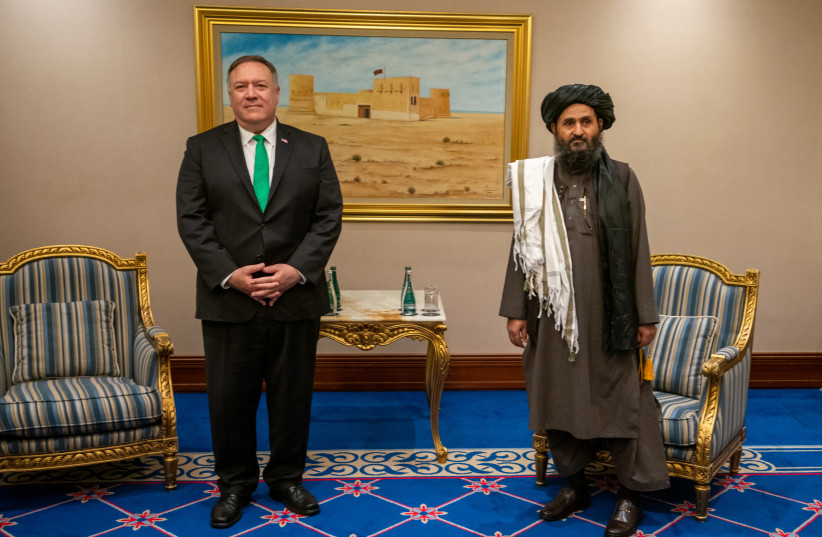Taliban representatives in some parts of Afghanistan have expressed support for educating girls after they seized control of the country, the UN children's agency (UNICEF) said on Tuesday.
UNICEF is still delivering aid to most parts of Afghanistan and is quite hopeful for cooperation with Taliban representatives, Mustapha Ben Messaoud, UNICEF's chief of field operations in Afghanistan, told a UN briefing in Geneva.
"We have ongoing discussions, we are quite optimistic based on those discussions. We have not a single issue with the Taliban in those field offices," he said, adding that 11 out of 13 field offices were currently operational.
The Taliban ruled Afghanistan between 1996 and 2001. They did not allow women to work, girls were not allowed to attend school and women had to cover their faces and be accompanied by a male relative if they wanted to venture out of their homes.

UN chief Antonio Guterres warned on Monday of "chilling" curbs on human rights under the Taliban and mounting violations against women and girls.
UNICEF cited some Taliban local representatives as saying they were waiting for guidance from their leaders on the issue of educating girls, while others have said they want schools "up and running."
One Taliban health director in Herat had also asked female employees to report to duty, Ben Messaoud said. UNICEF has not yet established a direct line of communication with Taliban leaders in the capital Kabul, he added.
